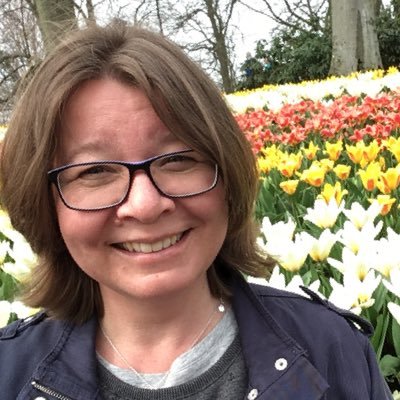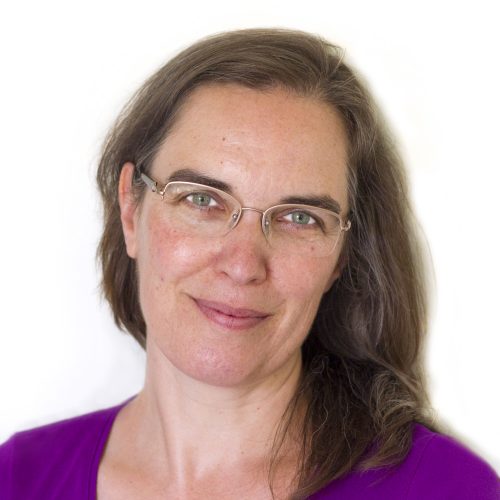
ONLINE: Creative Research Methods Workshop
This training workshop has been organised by the Well-being, Health and Communities (WHC) Pathway, and is open to all ESRC and non-ESRC funded students from any of the seven interdisciplinary Pathways within the WRDTP partner universities.
This is an online training event taking place over 3 days. By booking onto this training you commit to attending all 3 training sessions (run 10.30am – 12.30pm daily), please do not book on if you intend to only attend one session.
The course introduces arts-based methods, research using technology, mixed methods, and transformative research frameworks such as participatory and activist research. Any or all of these techniques can be used alongside more conventional research methods. The morning will be made up of presentations and discussions including visual media; the afternoon will be hands-on time to try out several creative approaches (please see below for a full schedule of the day). Attention will be paid to ethical issues throughout. The day will include plenty of practical advice and tips on using creative research methods.
Schedule:
Session 1 (Monday 8th June): Overview of creative research methods; transformative research frameworks including feminist, activist, queer and asset-based research; Euro-Western and Indigenous research ethics (with small group sessions for exercises)
Session 2 (Tuesday 9th June): Arts-based, embodied, technology-based and multi-modal data gathering; arts-based, embodied, technology-based and multi-modal data analysis (with individual exercises)
Session 3 (Wednesday 10th June): Arts-based, embodied, technology-based and multi-modal research reporting; arts-based, embodied, technology-based and multi-modal presentation of findings (with exercises in pairs)
Workshop organiser

I am currently leading and working on a number of project that include:
Get SMART (Social Media Awareness and Resilience Training). Funder: ISD/Google Innovation Fund (2018) £32,371 Co-investigator
GM GOLD (Greater Manchester Growing Older with Learning Disabilities) (2018-20). Funder: Ambition for Ageing. £100K Co-investigator
Evaluation of ‘Let’s Have a Good Week’. (2018-20) Funder: Breakthrough UK/Big Lottery £5K Principal Investigator
Digital Inclusion for People with Learning Disabilities: A scoping review (2017-18). Internally funded. Principal Investigator
Prior to these projects, I have also worked on projects that have explored: dental care for homeless people, stroke survivors experiences of testing a haptic device designed to assist with symmetrical walking, healthy lifestyles for people with learning disabilities and the support staff that work with them, NHS provision of COPD services, witness support and community safety. I have also carried out a number of systematic literature reviews including: mindfulness and people with learning disabilities, social media use for people with learning disabilities, prehabilitation and assisted conception and management of depression in older people with osteoarthritis.
Workshop leader

This training session is open to all Social Science Research students however is most suited to those in their MA year or 1st year of PhD study.
There are 35 places available on this training workshop
This training session will be delivered via Blackboard Collaborate. The link to this event will be sent to students who book on via the booking form below.
PLEASE NOTE: Our online training sessions will be recorded and will be available on the VIRE in an edited format for those students who cannot attend. If you wish to join this session but do not wish for your contributions to be included in the edited VIRE resource, please inform the team via training@wrdtp.ac.uk. Address your email as “*Training session name* *your name* removal from recorded session.”








